American history textbooks have a monumental task: capturing the vast and complex narrative of the country’s past. However, they often present a version that’s skewed, simplified, or sanitized. What’s slipping through the cracks, and how does it affect our understanding of history?
1. Columbus and the ‘Discovery’ of America
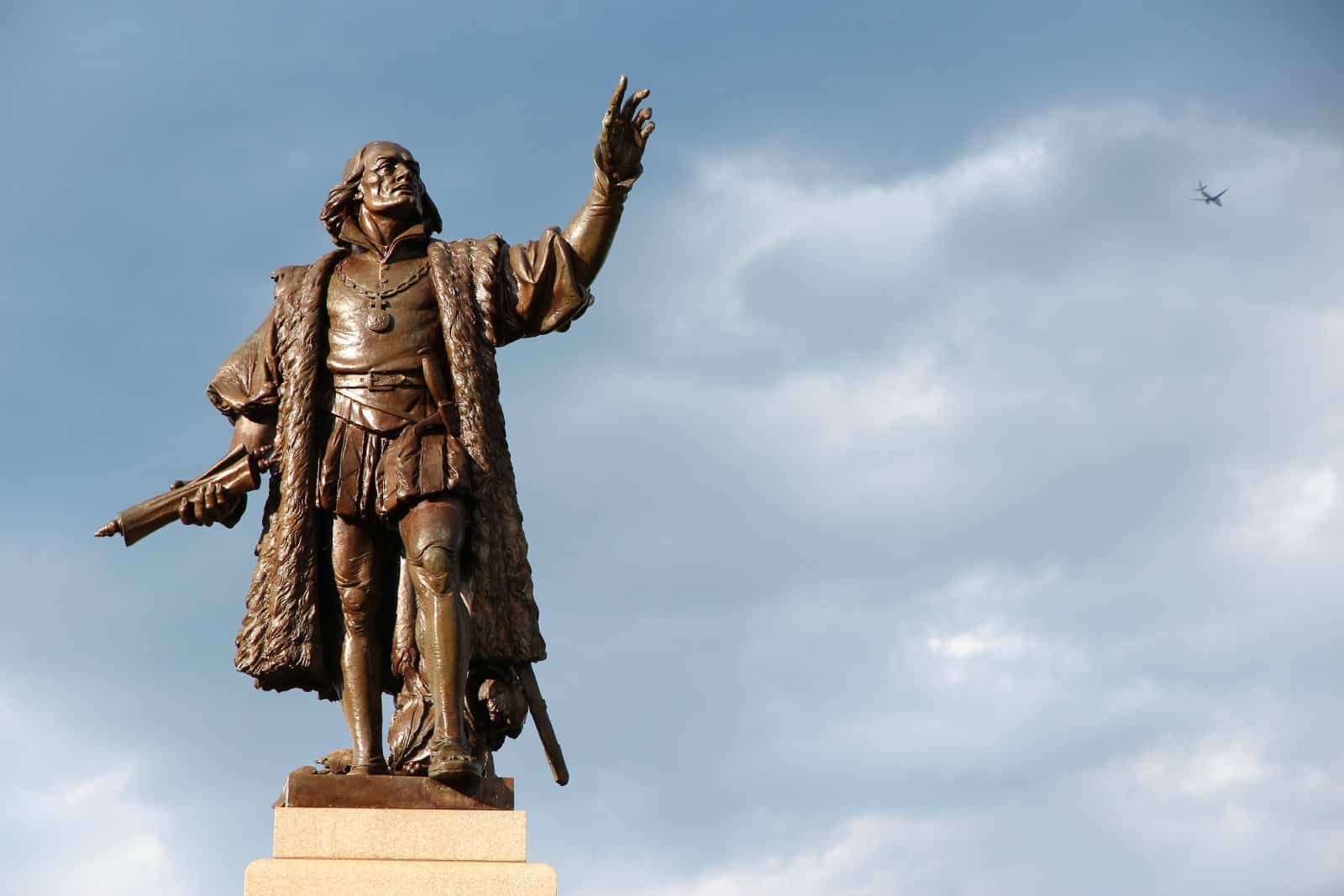
Textbooks often herald Christopher Columbus as a heroic discoverer, neglecting to mention that vast civilizations existed in the Americas long before his arrival. This narrative sidelines the sophisticated societies of the Native Americans and the brutal consequences of European colonization.
2. Glossing Over Native American Genocide
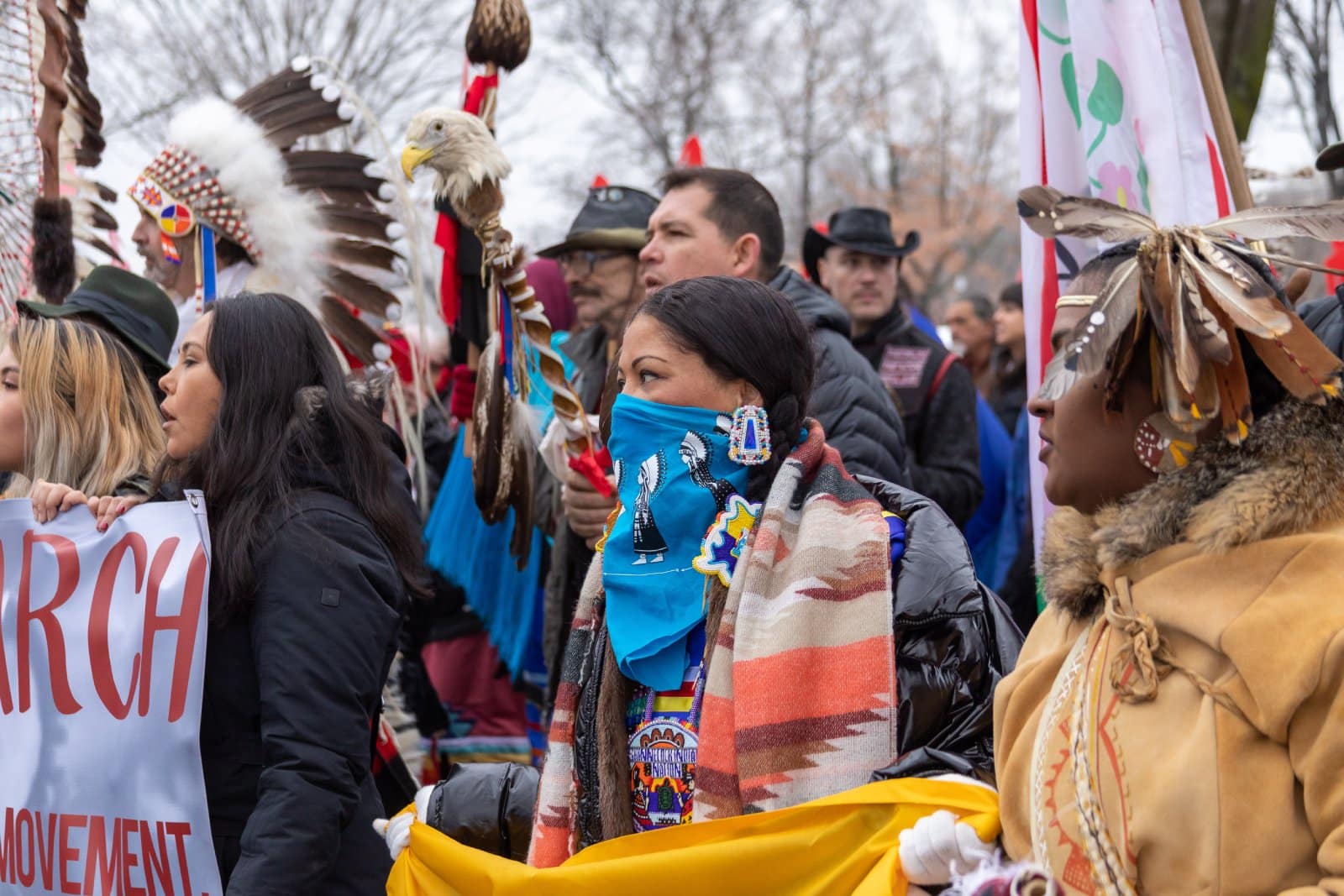
The systematic destruction of Native American cultures and populations is frequently minimized in educational materials. Terms like “relocation” and “settlement” mask the violent reality of events like the Trail of Tears, where thousands died due to forced displacement.
3. Sanitizing the Realities of Slavery

Slavery is often portrayed as a regrettable but not central part of American history. Some textbooks downplay the cruelty slaves endured, fail to fully discuss the economic dependence of the U.S. on slavery, or omit significant slave revolts and resistances, which skews the understanding of its impact.
4. The Framing of the Civil War

Discussions around the Civil War frequently focus on states’ rights as the primary cause, with slavery often presented as a secondary issue. This framing diminishes the primary role that slavery played in precipitating the war and the ideological battle over human rights.
5. The Heroification of Figures Like Andrew Jackson
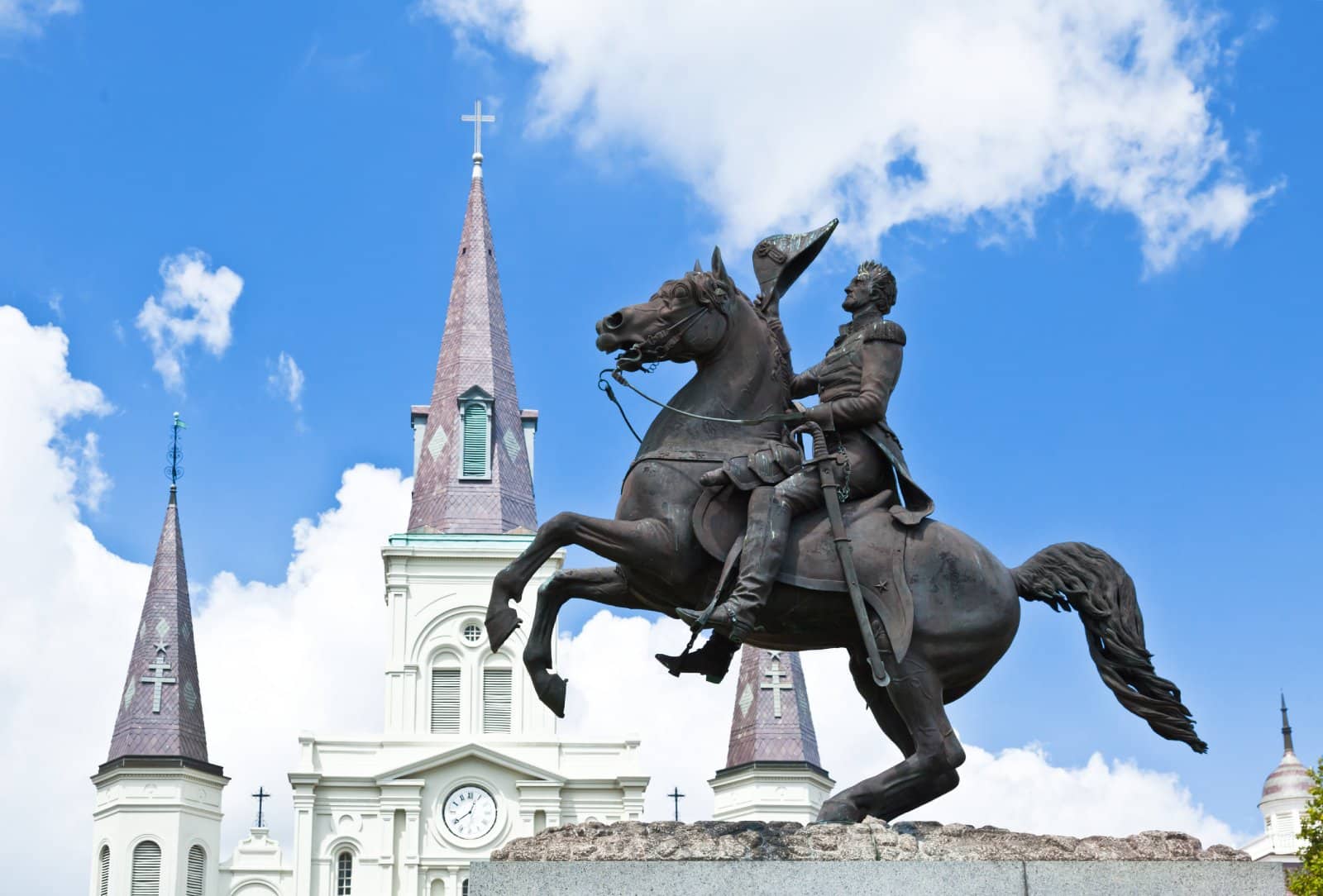
Andrew Jackson is often celebrated for his role as a populist president and his military successes. However, many textbooks overlook his harsh policies toward Native Americans, including the signing of the Indian Removal Act, which led to the Trail of Tears.
6. Oversimplifying the Industrial Revolution

Textbooks may highlight the technological advancements and economic growth of the Industrial Revolution but often gloss over the severe labor exploitation, including child labor, and environmental degradation that accompanied these changes.
7. Diminishing Labor Movements

The significant achievements and brutal suppression of labor movements are frequently underrepresented. Important events like the Haymarket Affair or the Homestead Strike are often mentioned in passing without context or discussion of their impact on labor laws.
8. The Civil Rights Movement and Its Radical Leaders
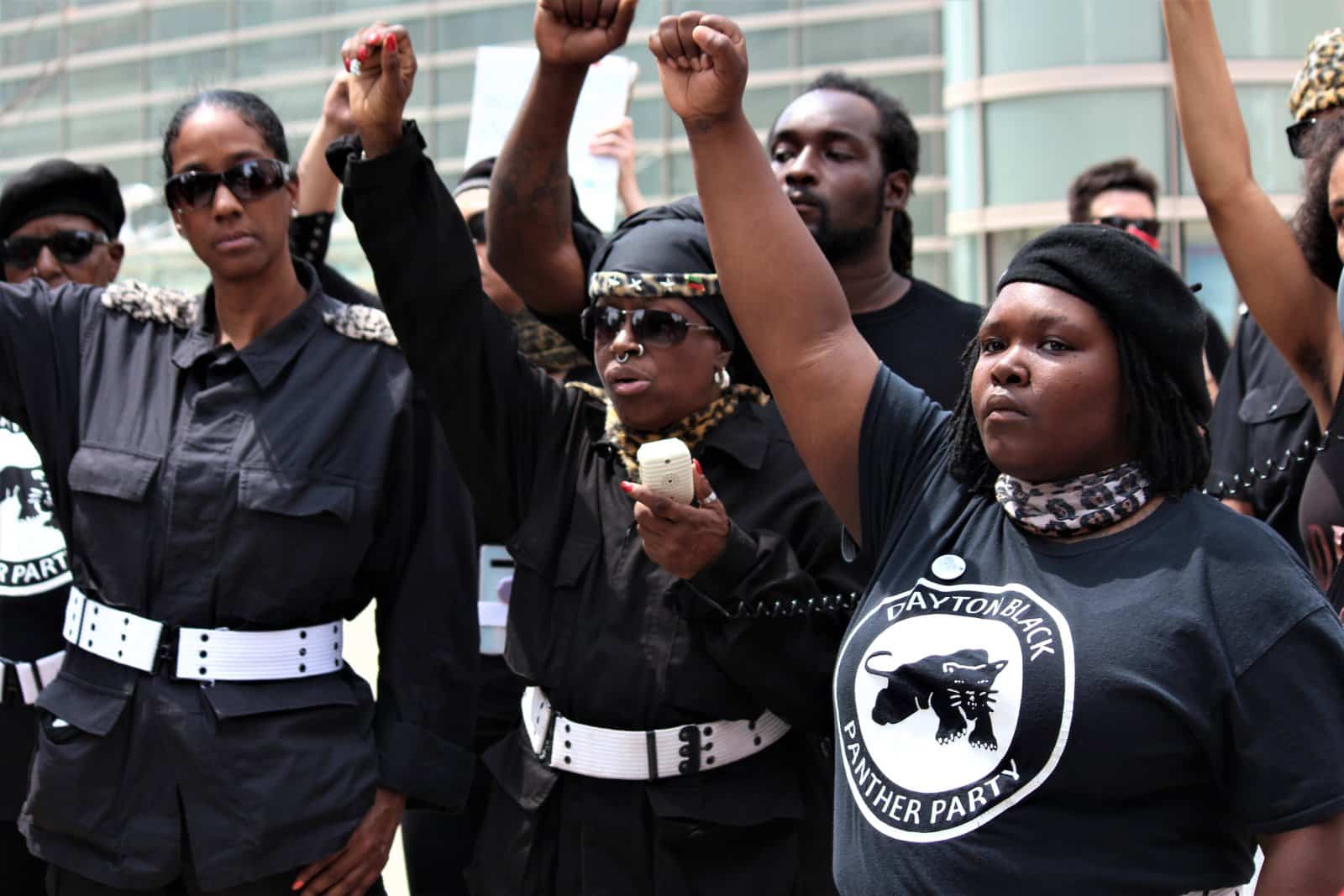
While Martin Luther King Jr. is rightly celebrated, his more radical beliefs, like his opposition to the Vietnam War and his critiques of capitalism, are seldom covered. Similarly, other important figures like Malcolm X and the Black Panthers are often marginalized or misrepresented.
9. America’s Imperialist Actions

U.S. involvement in overthrowing foreign governments and supporting dictatorships during the Cold War is rarely covered in depth. Actions in Iran, Guatemala, and Chile are often footnotes rather than critical examinations of American foreign policy.
10. The Women’s Rights Movement

The fight for women’s suffrage and equality is often condensed to a few key figures and dates. The continuous struggles and setbacks and the intersectionality of race, class, and gender are seldom explored in depth.
11. The Vietnam War
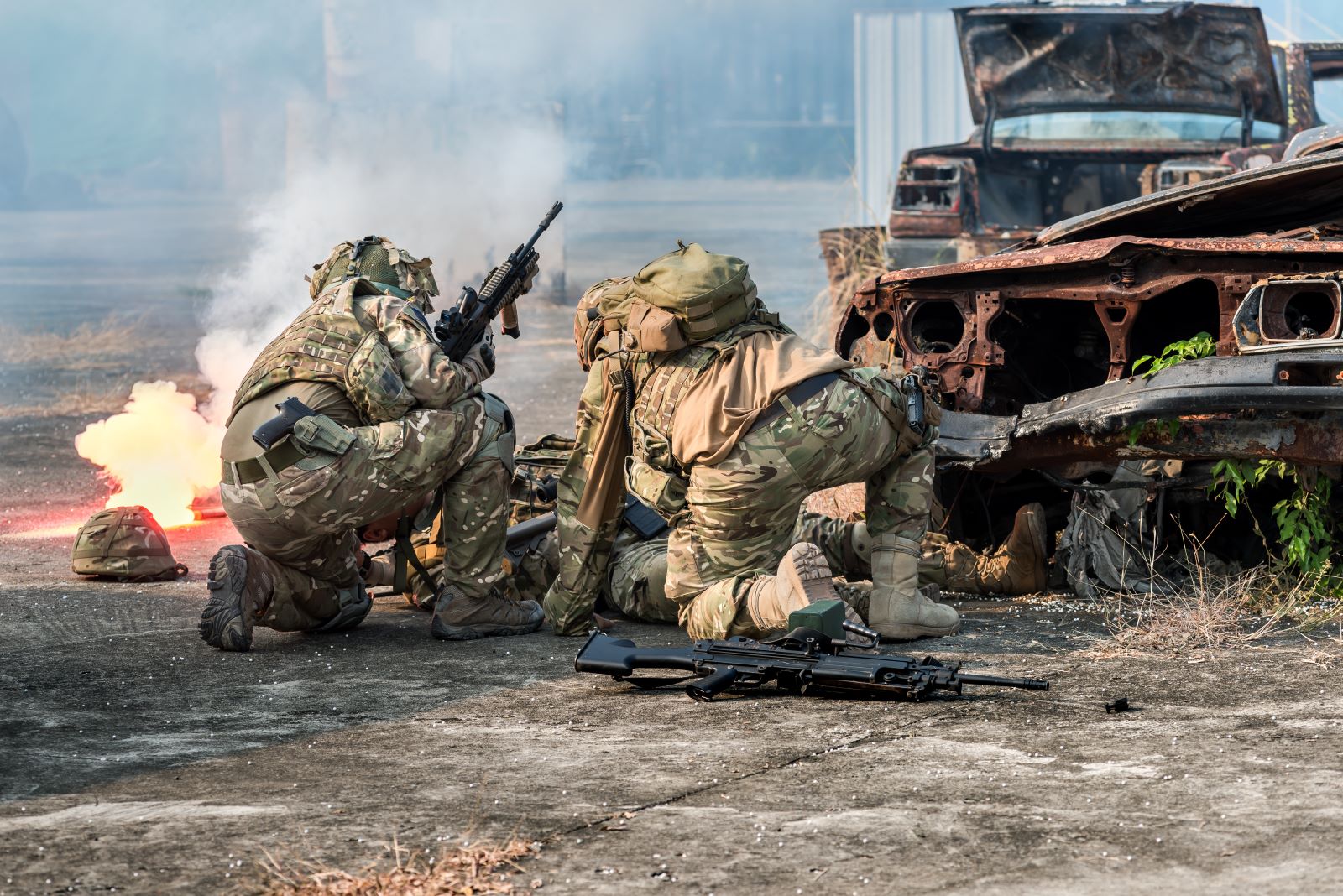
Textbooks might describe the Vietnam War as a fight against communism, often neglecting the widespread protests against the war, the reasons behind them, and the significant impact of the war on Vietnamese civilians.
12. The War on Drugs

The War on Drugs is often presented without critique, with little discussion of its disproportionate impact on communities of color or its role in escalating mass incarceration.
13. The Treatment of LGBTQ+ Rights Movements
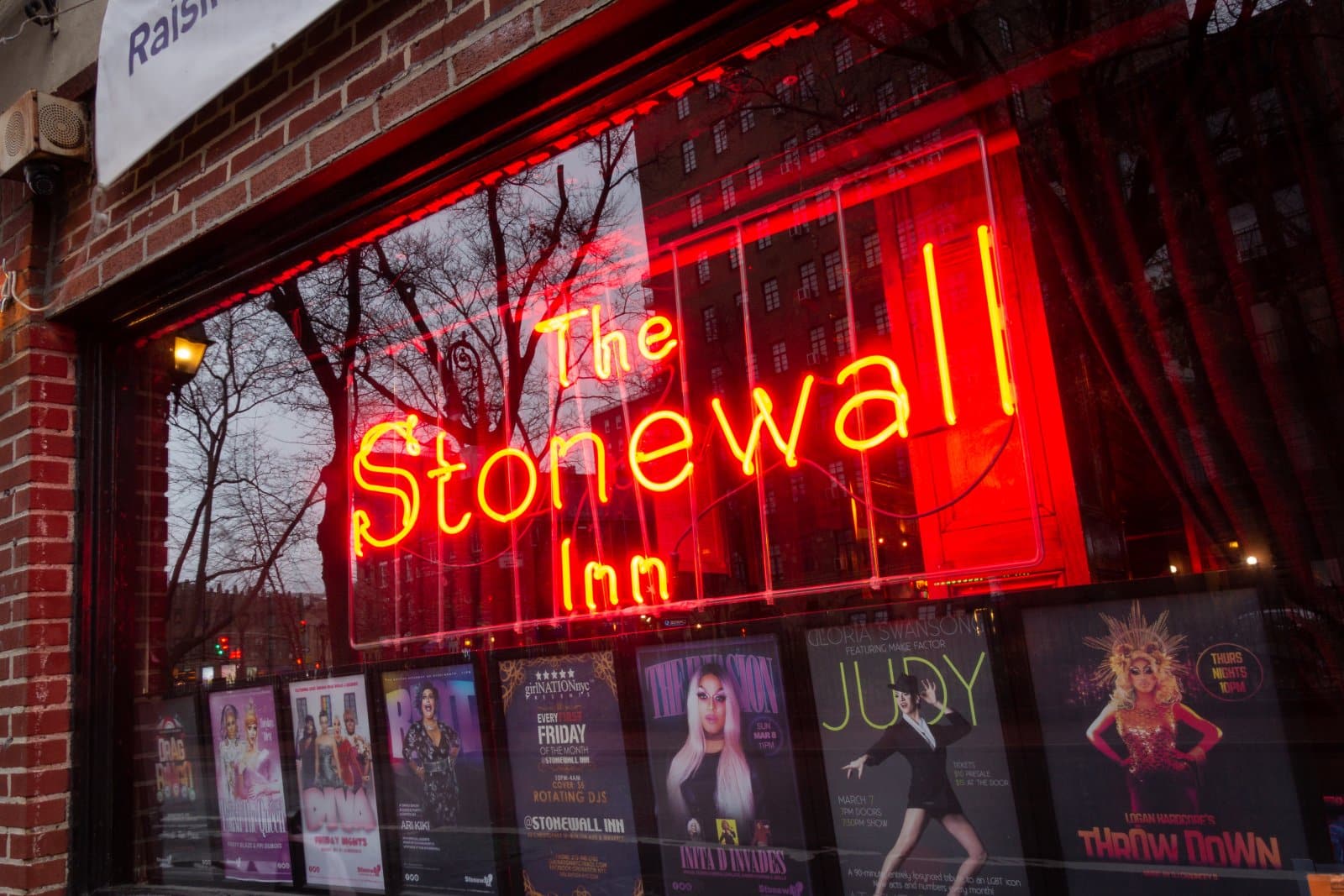
The struggles and achievements of the LGBTQ+ rights movements are often left out or only briefly mentioned. Key events like the Stonewall Riots or the AIDS crisis are rarely given the attention they deserve in discussing their impact on society and law.
14. Overlooking Modern Middle Eastern Relations

The complexities of U.S.-Middle East relations, including America’s role in the geopolitical dynamics, are often simplified or skewed. This includes a lack of discussion about the consequences of U.S. policies and military actions in the region.
15. Misrepresenting Native American Continuance
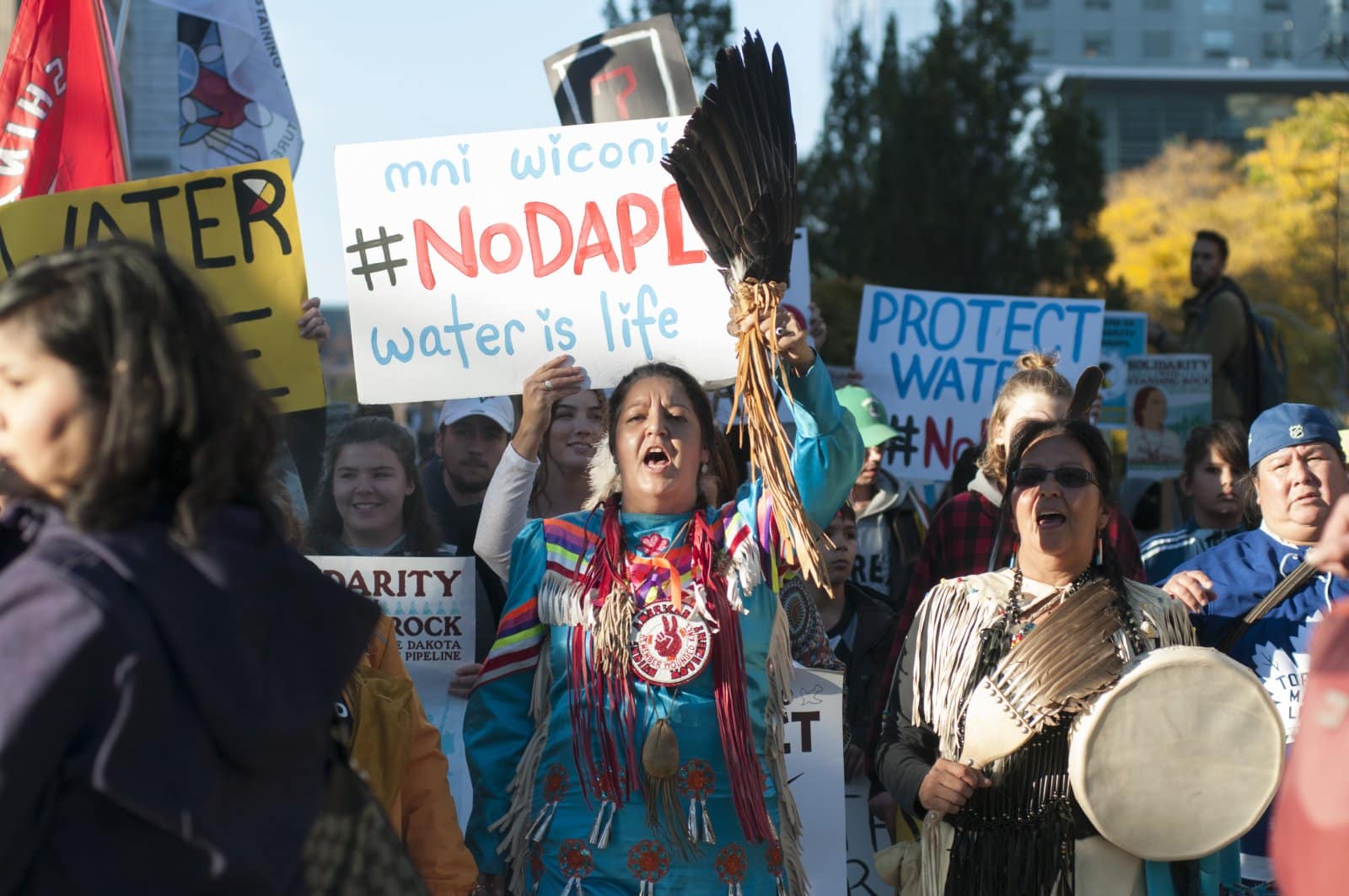
The narrative of Native American history often ends with the 19th century, ignoring the survival and resilience of these cultures up to the present day. This omission denies the ongoing struggles and contributions of Native American communities.
16. Simplifying the Causes of Economic Crises

Economic downturns like the Great Depression or the 2008 financial crisis are often described in overly simplistic terms, without adequate exploration of their complex causes, including policy failures and regulatory oversights.
17. Ignoring African American Intellectualism
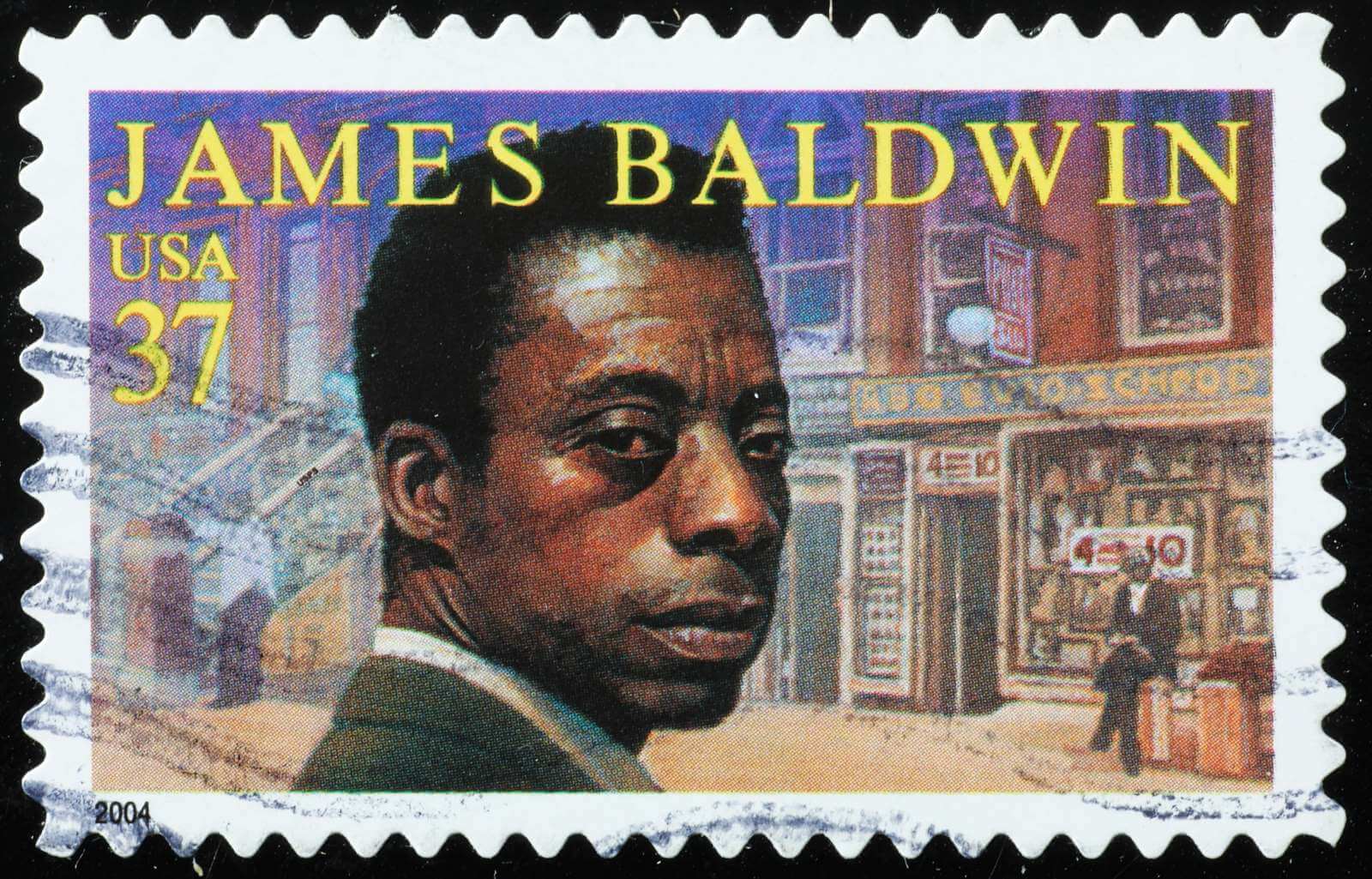
The contributions of African American intellectuals and artists throughout history are often minimized or ignored, aside from a select few. This neglects a rich vein of thought and art that has profoundly influenced American culture.
18. The Oversimplification of the Cold War
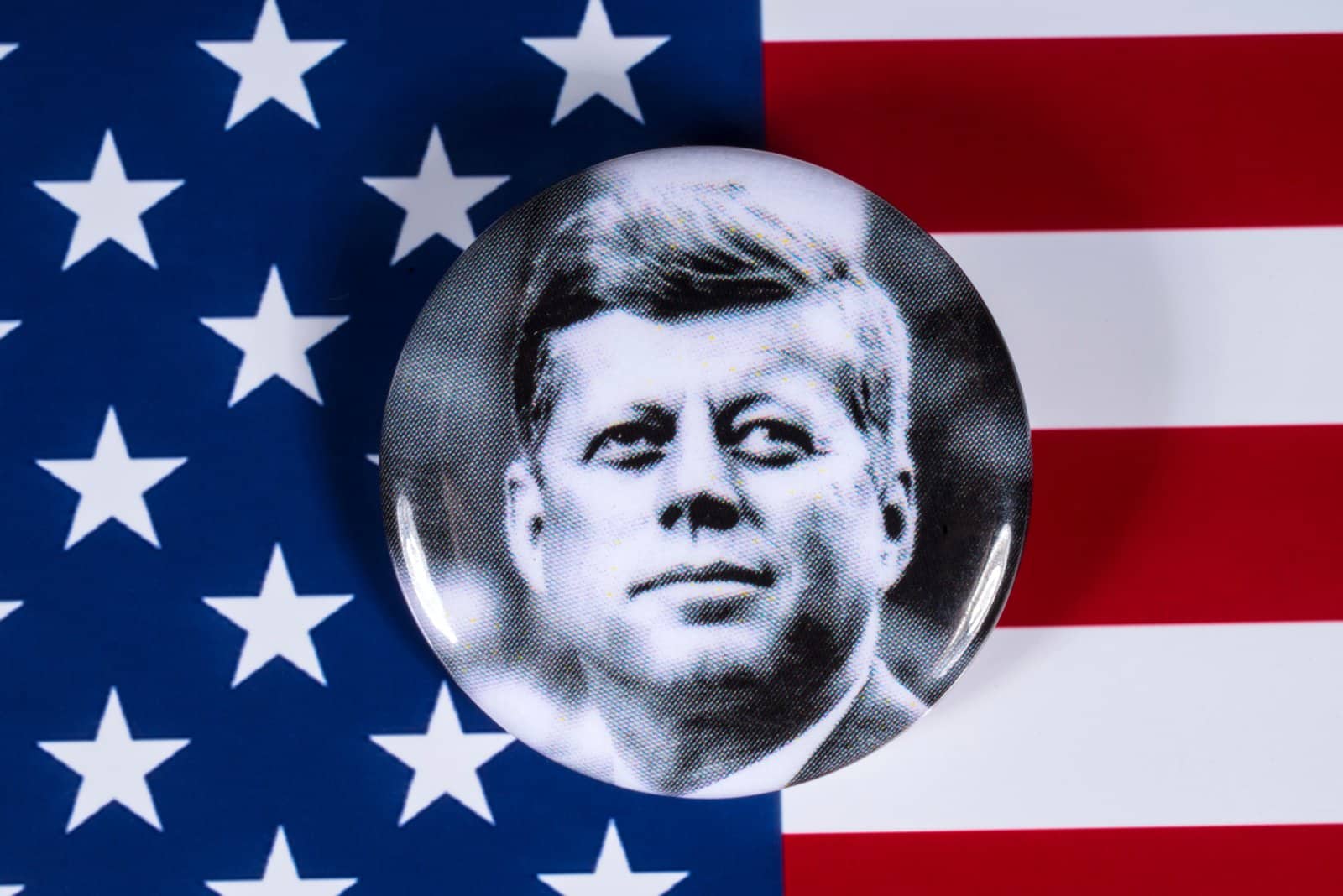
The Cold War is often reduced to a binary struggle between capitalism and communism, ignoring the nuanced ideological, political, and social battles that defined this era, both abroad and within the United States.
19. The Misrepresentation of 9/11 and Its Aftermath

The events of September 11, 2001, are frequently used as a justification for subsequent wars in Afghanistan and Iraq. The complex web of causes leading to these conflicts and the serious repercussions of these wars on global politics are often inadequately explored.
20. The Omission of Environmental History
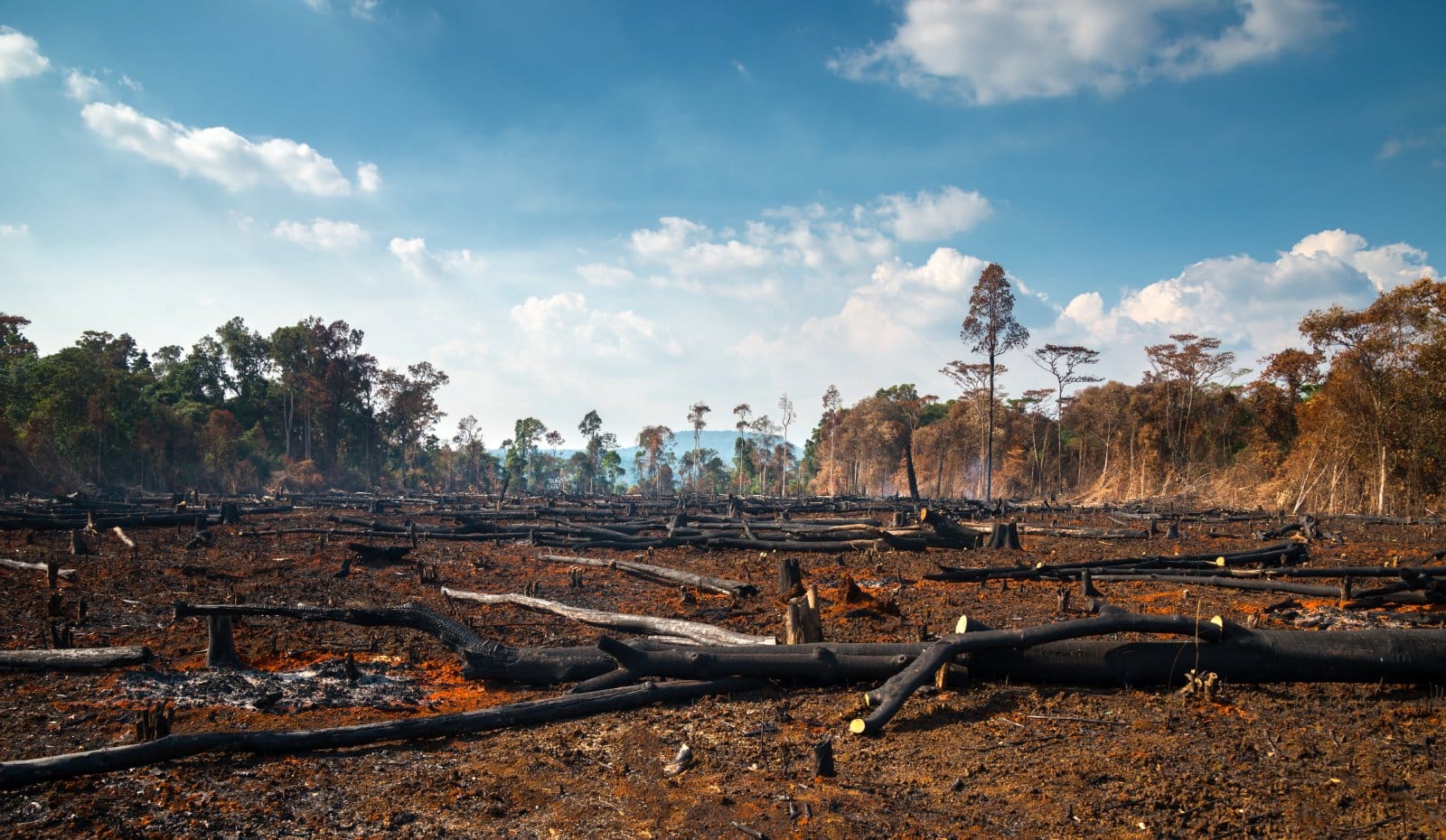
The impact of human activity on America’s natural environment throughout history is often a side note. Significant events like the Dust Bowl are rarely connected to broader themes of environmental mismanagement or sustainability.
The Past, Unpacked

In the quest to form a more perfect union, confronting these historical oversights is crucial. Only by understanding the full, unvarnished truth of its past can America hope to face its future with eyes wide open. How long will it take for textbooks to catch up?
21 Ignorant Lies About Americans the Rest of the World Claims Are True

Americans are often the subject of wild assumptions and exaggerated stereotypes. Are these misconceptions affecting how the world views the average American? 21 Ignorant Lies About Americans the Rest of the World Claims Are True
Flawed Gender Tests: Olympic Committee Sends Plea to Boxing Officials

The International Olympic Committee has declared old boxing gender tests as flawed and illegitimate. This has arisen amid discussions regarding gender in Olympic female boxing matches. Flawed Gender Tests: Olympic Committee Sends Plea to Boxing Officials
Social Security Sham: 18 States Slashing Benefits

When you think about retiring, you might picture relaxing and traveling during your golden years. Social Security benefits help with this, but taxes can change depending on where you live. In some states, you might end up paying more taxes on your benefits. Let’s check out the 18 states where retirees face higher taxes on their Social Security benefits. It’s important to know so you can plan ahead and make the most of your retirement savings. Social Security Sham: 18 States Slashing Benefits
Featured Image Credit: Shutterstock / FabrikaSimf.
For transparency, this content was partly developed with AI assistance and carefully curated by an experienced editor to be informative and ensure accuracy.
The images used are for illustrative purposes only and may not represent the actual people or places mentioned in the article.

